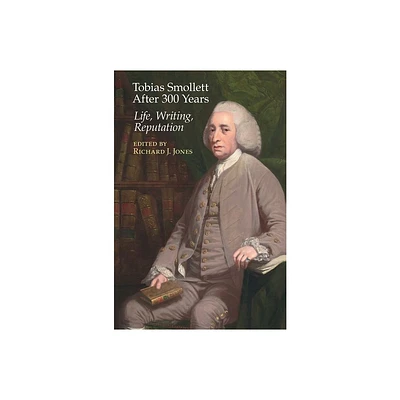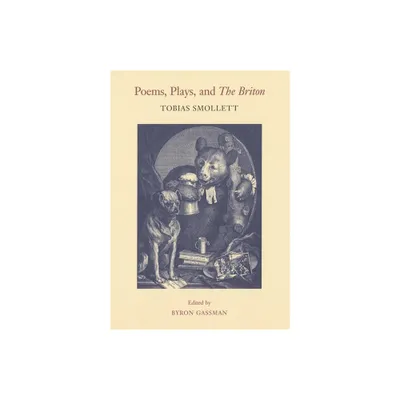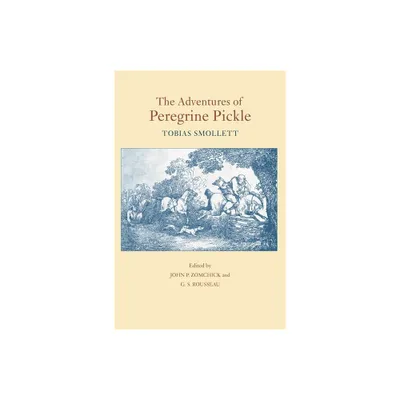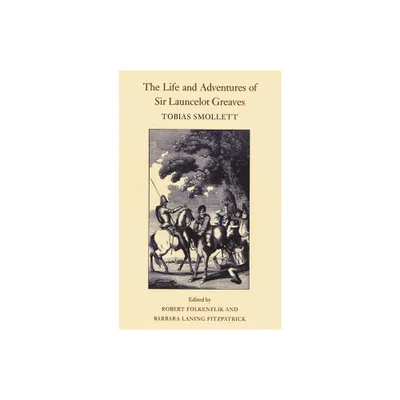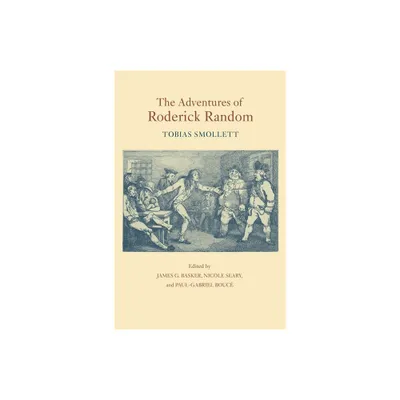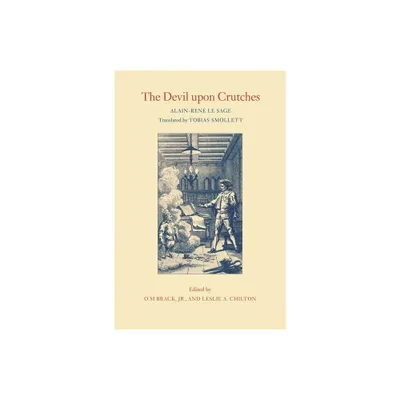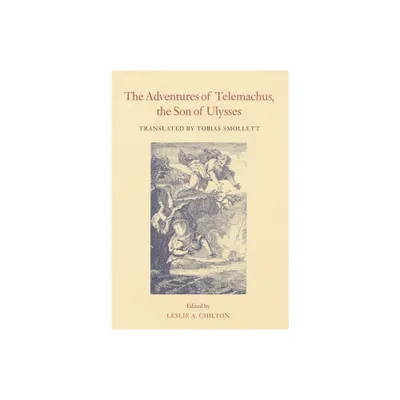Home
Tobias Smollett After 300 Years:: Life, Writing, Reputation
Loading Inventory...
Barnes and Noble
Tobias Smollett After 300 Years:: Life, Writing, Reputation
Current price: $130.00


Barnes and Noble
Tobias Smollett After 300 Years:: Life, Writing, Reputation
Current price: $130.00
Loading Inventory...
Size: OS
*Product Information may vary - to confirm product availability, pricing, and additional information please contact Barnes and Noble
Tobias Smollett After 300 Years
offers a collection of essays on one of the great literary figures of the eighteenth century: the Scottish writer, Tobias Smollett (1721-1771). Drawing together the work of an international group of scholars, with a variety of critical approaches, the book examines aspects of Smollett's life, writing and reputation on the occasion of the three-hundredth anniversary of his birth. Smollett is perhaps best known today as a novelist. However, he also worked tirelessly as a translator, historian, critic and editor. Whilst this book gives space to Smollett's innovations in writing fiction (described, variously, as malapropic, metaleptic, avuncular and periodical), it also draws on his wider work, situating it in the intellectual and visual culture of the book trade, traditions of domestic and humoral medicine, the politics of the Anglo-Scottish Union and projects to write a national history. Moments of Smollett's biography are revisited through newly-published correspondence, including accounts of his relationship to the sale of enslaved people. A new area for Smollett studies - his reception in Russia - suggests the reach of his work. The book concludes with some reflections on the state of Smollett studies today and the urgent message this eighteenth-century writer might bring to twenty-first century classrooms.
offers a collection of essays on one of the great literary figures of the eighteenth century: the Scottish writer, Tobias Smollett (1721-1771). Drawing together the work of an international group of scholars, with a variety of critical approaches, the book examines aspects of Smollett's life, writing and reputation on the occasion of the three-hundredth anniversary of his birth. Smollett is perhaps best known today as a novelist. However, he also worked tirelessly as a translator, historian, critic and editor. Whilst this book gives space to Smollett's innovations in writing fiction (described, variously, as malapropic, metaleptic, avuncular and periodical), it also draws on his wider work, situating it in the intellectual and visual culture of the book trade, traditions of domestic and humoral medicine, the politics of the Anglo-Scottish Union and projects to write a national history. Moments of Smollett's biography are revisited through newly-published correspondence, including accounts of his relationship to the sale of enslaved people. A new area for Smollett studies - his reception in Russia - suggests the reach of his work. The book concludes with some reflections on the state of Smollett studies today and the urgent message this eighteenth-century writer might bring to twenty-first century classrooms.
